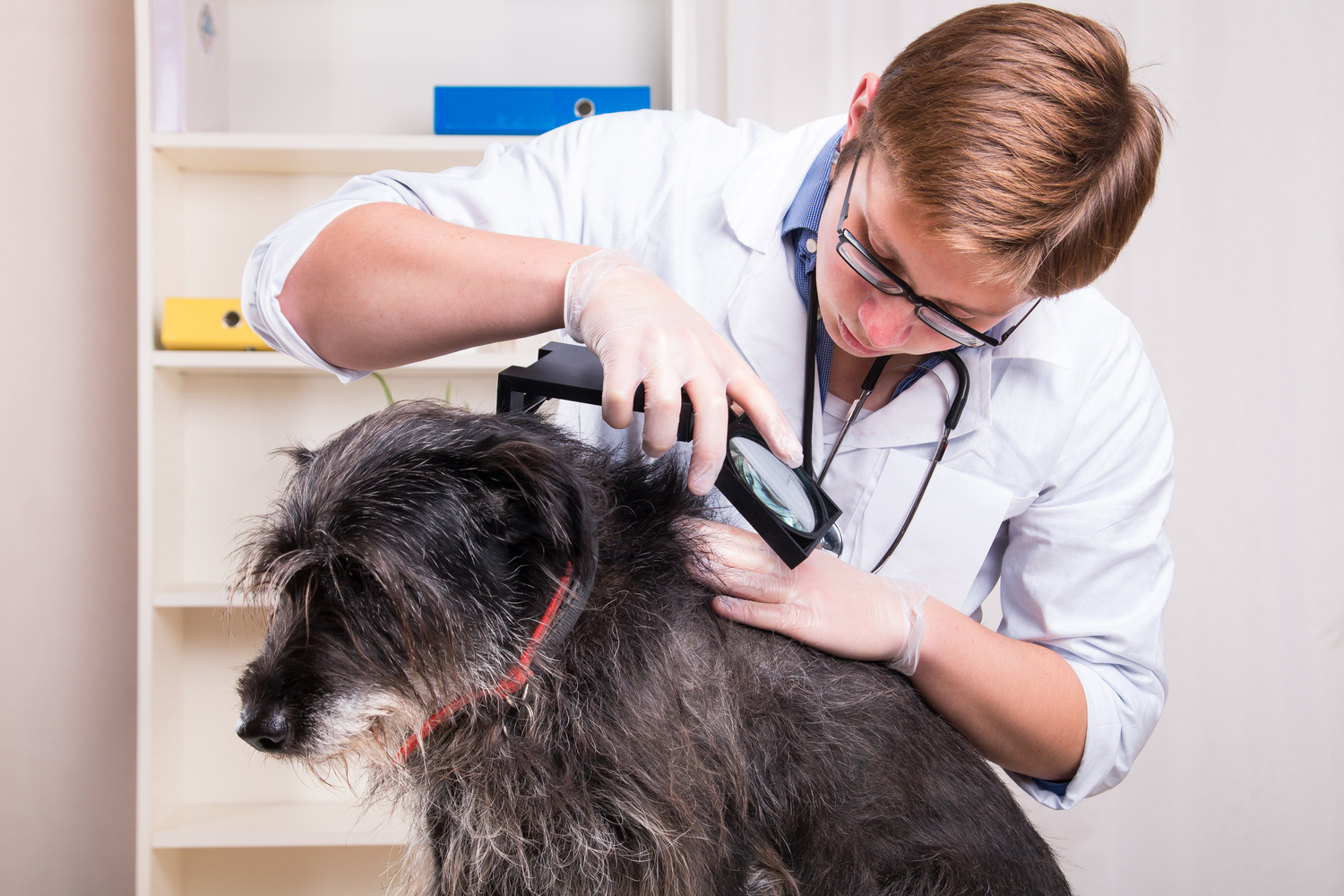
Symptoms of Dogs with Food Allergies
If you have a pet dog who is endlessly itching, scratching, and biting him or herself, you must be concerned. It could be an allergy irritation. Genetics and environmental factors could trigger allergies in your pet dogs. Sometimes, being treated with certain antibiotics when they are young could also cause changes in their intestinal composition and result in allergic reactions.
Here are common food allergies in dogs:
1. Hygiene and cleaning products
The skincare products you use like soaps and shampoos, and even the floor cleaners you use in your home, in areas where he or she sleeps or relaxes, all these could cause allergic reactions in your dog’s skin. Certain foods your dog eats could also cause allergies.
2. Allergy prone
Moreover, certain breeds of dogs are more prone to food allergies than others. For example, purebred dogs like Pit Bulls, Terriers, Boxers, Cocker Spaniels, German Shepherds, Golden Retrievers, and Labrador Retrievers are at a more considerable risk of allergies. Continuous exposure to, or consumption of, foods that their bodies are sensitive to like rice, wheat, soy, corn, sweet potato, yam, peas, lentils, apples, papaya, peanut butter, egg, dairy like milk or cheese, different kinds of meat including chicken, turkey, fish, rabbit, lamb, or pork could cause their allergies. The immune system might instantly start to overreact by releasing histamines that cause several symptomatic responses.
3. Allergy symptoms
The classic symptoms of dogs with food allergies are:
- Constant scratching of the face, ears, and underbelly
- Endless licking, biting or chewing between their toes, their back, or the base of their tail
- Sore, red skin which is moist and suffers rashes. Sometimes in white dogs, their skin could turn pink and inflamed
- Itchy, runny eyes
- Recurring ear infections which produce a foul smell with some yeast or dirt build-up
- Persistent shaking of their head combined with scratching constantly at the irritated ear
- Sneezing
- Dry skin
- Excessive loss of fur
- Gastrointestinal disorders like gas, vomiting, diarrhea, or constipation
- Behavioral problems
4. Elimination diet
Food allergies in dogs tend to modify or change over time. Either your dog gets over the allergy or other types of foods are added to the list of allergens. The ideal way to treat food allergies in dogs is to prevent it in the first place. Eliminate the allergy-causing food from your dog’s diet. Veterinarians suggest shifting him to a prescription diet for at least 8 weeks. This would help get rid of all the allergens from his system. Then patiently reintroduce the foods he is used to, one by one every week, and observe the changes in his skin. Once you single out the allergy-causing foods from your dog’s diet, simply avoid feeding them those items.
5. Allergy specific custom diets
A wholesome, nutritious, and tailor-made diet that meets the requirements of your dog is most ideal to manage skin conditions and prevent diseases. The best possible solution for dogs with a risk of food allergy is to provide to him a diet that has some variety in it, so he gets all the necessary proteins, carbohydrates, fats, minerals, and vitamins in rotation. Include probiotics in your pet’s everyday diet. This helps fight infections and naturally makes your dog’s gut stronger.



